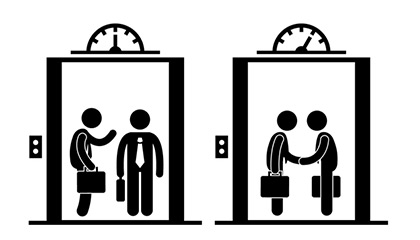There are a lot of ways I can approach this blog. I can explain why I became a YDEV major, or why I enjoy youth work so much. However, I am going to take a different spin on this. When did I admit to myself that youth work is the field for me? Because to be honest, for awhile I tried to persuade myself that I didn't like working for kids, I was just good at it.
My first job as a youth worker was at a summer camp in Bristol. I attended this summer camp as a child, and absolutely loved it. It's an art camp that focuses on music, dance, theater, and art. I became a volunteer when I was in middle school because I loved it so much, and wanted to stay involved. I quickly realized what it took to become a counselor, and how different that was than being a camper.
I have always approached working with youth the same way, even when I was still considered a youth and took on a leadership position. This approach has been to treat the youth with respect and as equals. I have always done this because my best experiences as a youth were when I was treated this way by an adult. Whether that was a coach or a teacher.
So I guess this brings me to why YDEV? Well, one of the biggest themes of this major is "
leading with". In my eyes I have always done that, and fully believe in this mantra. Since being a YDEV major my skills as a youth worker have gotten so much better. I have so many different perspectives. I think the best thing about continuing this journey is learning more about what youth work is and how closely I connect to the ideals and values. Youth development has become a part of my identity.
Now, I have accepted that youth work is the field for me because I absolutely love it. There is so much reward that is received in this line of work. It's incredible to watch youth succeed in a variety of settings, and know that I played a small or large part in their success.








